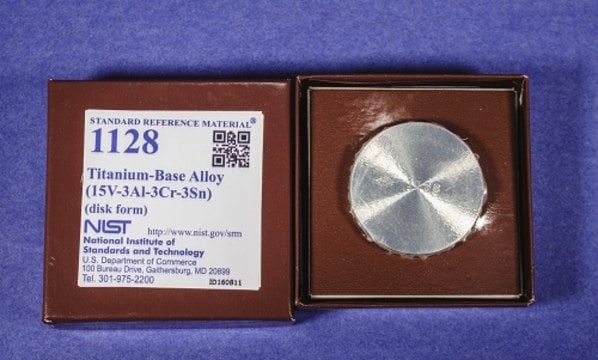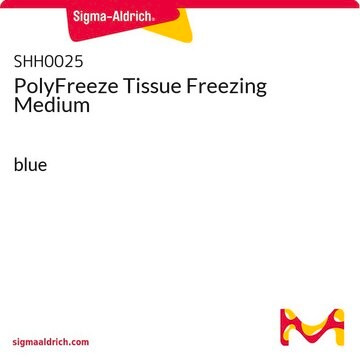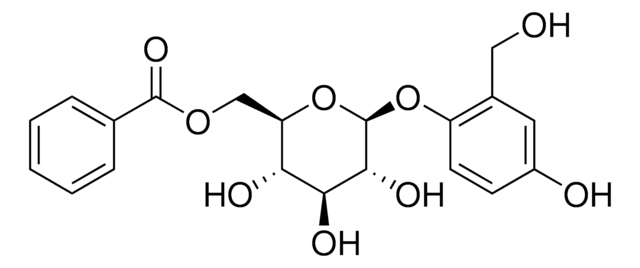SMB00609
6,6′-Dihydroxythiobinupharidine
≥95% (HPLC)
Synonyme(s) :
6,6′-Dihydroxythionuphlutine A, Nuphleine
About This Item
Produits recommandés
Niveau de qualité
Essai
≥95% (HPLC)
Forme
powder
Spectre d'activité de l'antibiotique
Gram-positive bacteria
Mode d’action
enzyme | inhibits
Température de stockage
−20°C
Chaîne SMILES
O[C@H]1N2[C@@]([C@H](C)CC[C@H]2C3=COC=C3)([H])CC[C@@]14SC[C@]5(C4)CC[C@]([C@H](C)CC[C@H]6C7=COC=C7)([H])N6[C@@H]5O
InChI
1S/C30H42N2O4S/c1-19-3-5-25(21-9-13-35-15-21)31-23(19)7-11-29(27(31)33)17-30(37-18-29)12-8-24-20(2)4-6-26(32(24)28(30)34)22-10-14-36-16-22/h9-10,13-16,19-20,23-28,33-34H,3-8,11-12,17-18H2,1-2H3/t19-,20-,23+,24+,25+,26+,27-,28-,29-,30+/m1/s1
Clé InChI
DYEOLAMWQVWASS-XKCSGWQSSA-N
Description générale
Actions biochimiques/physiologiques
It was also found to act synergistically with cytotoxic drugs such as cisplatin and etoposide, enabling their cytotoxic effect at lower concentrations.
6,6′-Dihydroxythiobinupharidine was found to have cytotoxic activity at a concentration of ~10 μM on human leukemia cells (U937), mouse melanoma cells (B16F10), and human fibroblasts (HT1080).
In addition, Nuphar lutea extract was effective against both Leishmania promastigote and amastigote forms (IC50 = 2 ± 0.12 μg/mL; ID50 = 0.65 ± 0.023 μg/mL; LD50 = 2.1 ± 0.096 μg/mL, STI = 3.23). A synergistic antileishmanial activity was demonstrated with the antileishmanial drug, paromomycin.
Recently 6,6′-dihydroxythiobinupharidine was found to be active against MRSA and VRE strains with an MIC of 1-4 μg/mL. Inhibition of DNA topoisomerase IV but not DNA gyrase in S. aureus was suggested as the mechanism of action. 6,6′-Dihydroxythiobinupharidine was also shown to promote neutrophil effector bactericidal functions.
Code de la classe de stockage
11 - Combustible Solids
Classe de danger pour l'eau (WGK)
WGK 3
Point d'éclair (°F)
Not applicable
Point d'éclair (°C)
Not applicable
Faites votre choix parmi les versions les plus récentes :
Certificats d'analyse (COA)
Vous ne trouvez pas la bonne version ?
Si vous avez besoin d'une version particulière, vous pouvez rechercher un certificat spécifique par le numéro de lot.
Déjà en possession de ce produit ?
Retrouvez la documentation relative aux produits que vous avez récemment achetés dans la Bibliothèque de documents.
Notre équipe de scientifiques dispose d'une expérience dans tous les secteurs de la recherche, notamment en sciences de la vie, science des matériaux, synthèse chimique, chromatographie, analyse et dans de nombreux autres domaines..
Contacter notre Service technique







